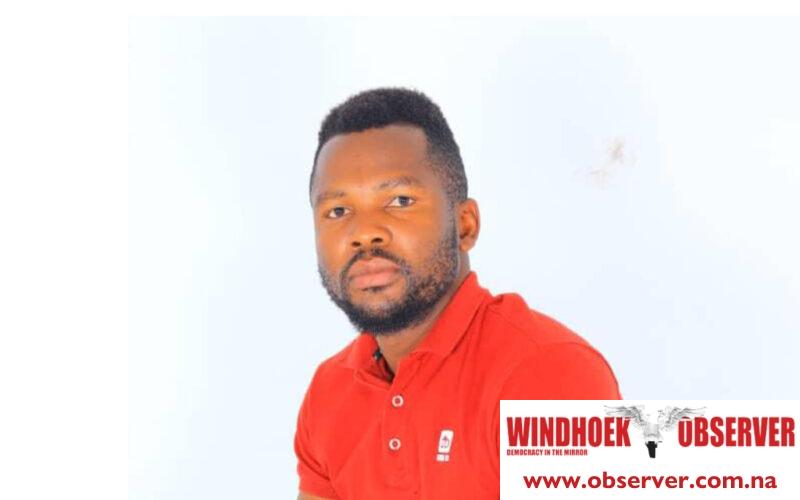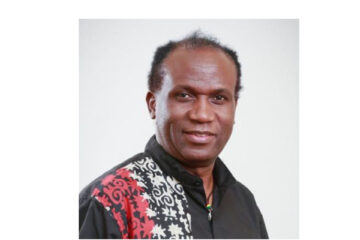Sakaria Johannes
I was listening to a powerful and heartfelt speech by Namibia’s First Gentleman, General Lt. Epaphras Denga Ndaitwah. He was speaking about the need to uplift the boy child, a message that struck me deeply. In his voice, I heard the urgency, the concern, and the compassion of someone who sees the invisible struggles that many of our boys endure. lingered in my mind because they capture a growing truth in Namibian society, weare losing our boys, not all at once, but slowly, quietly, and tragically.
Namibia, like much of Africa, is transitioning from a traditional African society rooted in extended families and communal values to a modern, fast-paced world defined by individualism, technology, and global influences. While this shift has brought economic opportunity and modernization, it has also come at a cost particularly for the boy child. In the past, a young boy was raised by a village. He had fathers, uncles, elders, and older cousins to guide him. He learned responsibility by herding livestock, participating in rituals, and observing the way men in his community lived. His identity and sense of purpose were shaped in an environment that valued structure, discipline, and male mentorship.
Are we living in a broken society? A 14-year-old boy in Windhoek comes home from school to an empty house. His mother works two jobs to provide, and his father has not been present in years. He spends most of his time with friends, some of whom are already involved in petty crime. There is no one to talk to about his confusion, his anger, his fears. And so, he begins to shut down. He starts skipping school. He joins a gang, and he begins to believe that his worth lies in how much money he can make regardless of how he makes it. This is not a unique story. It is a common one, repeated in Oshakati, Rundu, Katima Mulilo, and Keetmanshoop.
We are witnessing a rise in depression, substance abuse, violence, and even suicide among young Namibian males. These are not isolated issues. They are symptoms of a deeper crisis: the emotional neglect of the boy child. We have taught boys to be strong, but we have not taught them how to be whole. We have told them to lead, but we have not shown them what leadership with empathy looks like. We have celebrated manhood, but we have failed to define it in ways that promote mental health, respect, and self-worth.
Some organizations are stepping in to address this crisis. I recently spoke with a representative from YMCA Namibia, an organization that runs mentorship programs and youth support projects. He told me, “Our boys are not broken they are simply unheard. What we do at YMCA is provide mentorship, a listening ear, and a space where boys can be boys without fear of judgment, pressure, or ridicule.” These programs give boys something many have never had, a role model, a purpose, and someone who truly sees them.
We need more of this. We need national attention, community involvement, and parental engagement. We need policies that invest in youth mental health services and school-based mentorship programs. We need churches, sports clubs, and cultural organizations to step in and mentor our boys. And we need to train fathers and future fathers to be emotionally present, not just financially responsible.
Most importantly, we need to change the narrative around masculinity. A real man is not one who suppresses his feelings, chases money at all costs, or rules with an iron fist. A real man is one who knows himself, respects others, and is secure enough to be vulnerable. This is the kind of man we must raise and the kind of boy we must nurture.
Empowering the boy child is not a threat to the progress we’ve made with the girl child. It is a necessary balance. One cannot thrive without the other. If we continue to ignore the boy child, we are raising future men who will either self-destruct or harm others. But if we listen, guide, and invest in them, we are raising future leaders, fathers, and builders of a better Namibia.
Sakaria Johannes is the President of the Young Men’s Christian Association (YMCA) in Namibia. He can be reached at sackyuutsi@gmail.com




